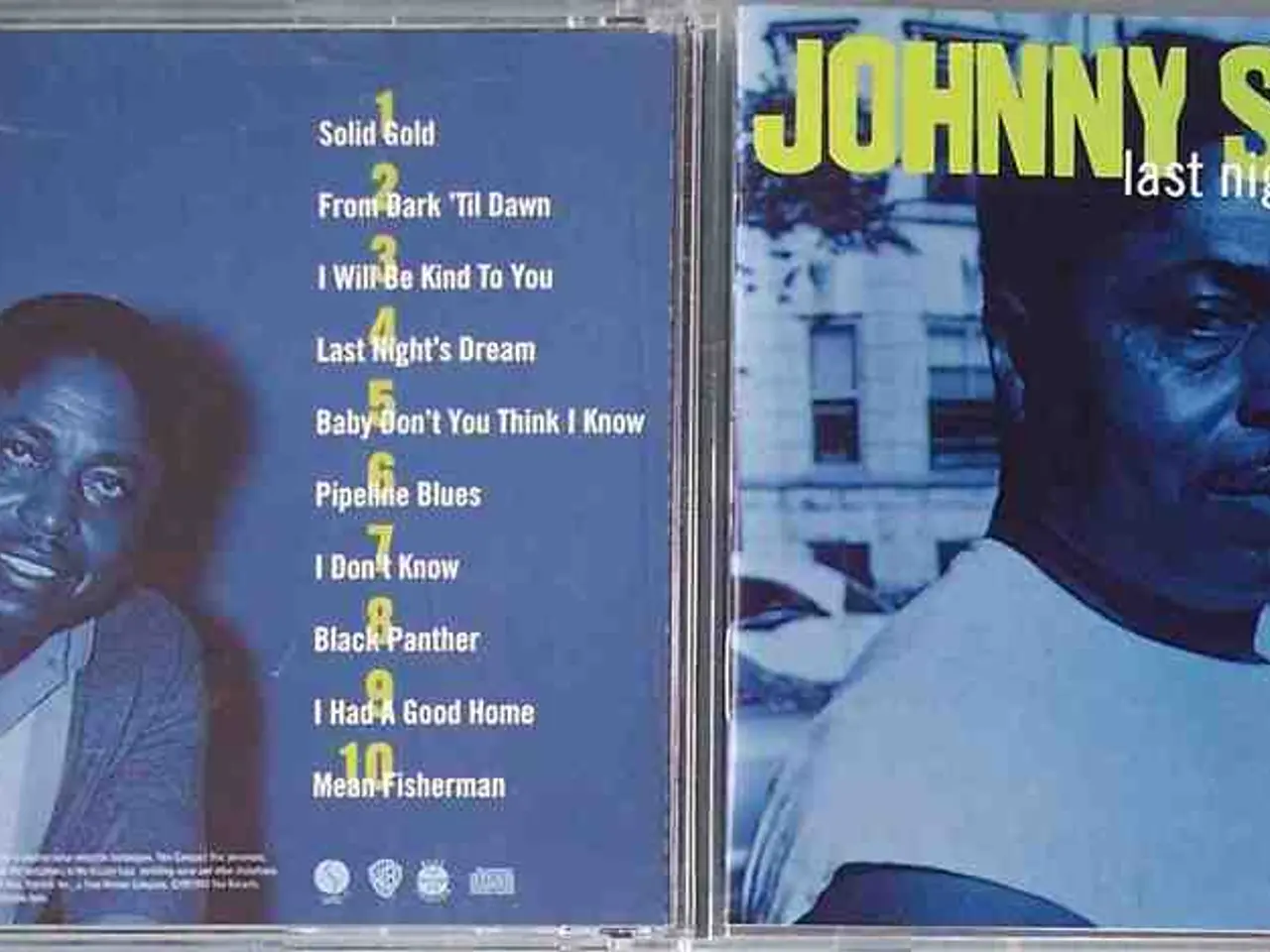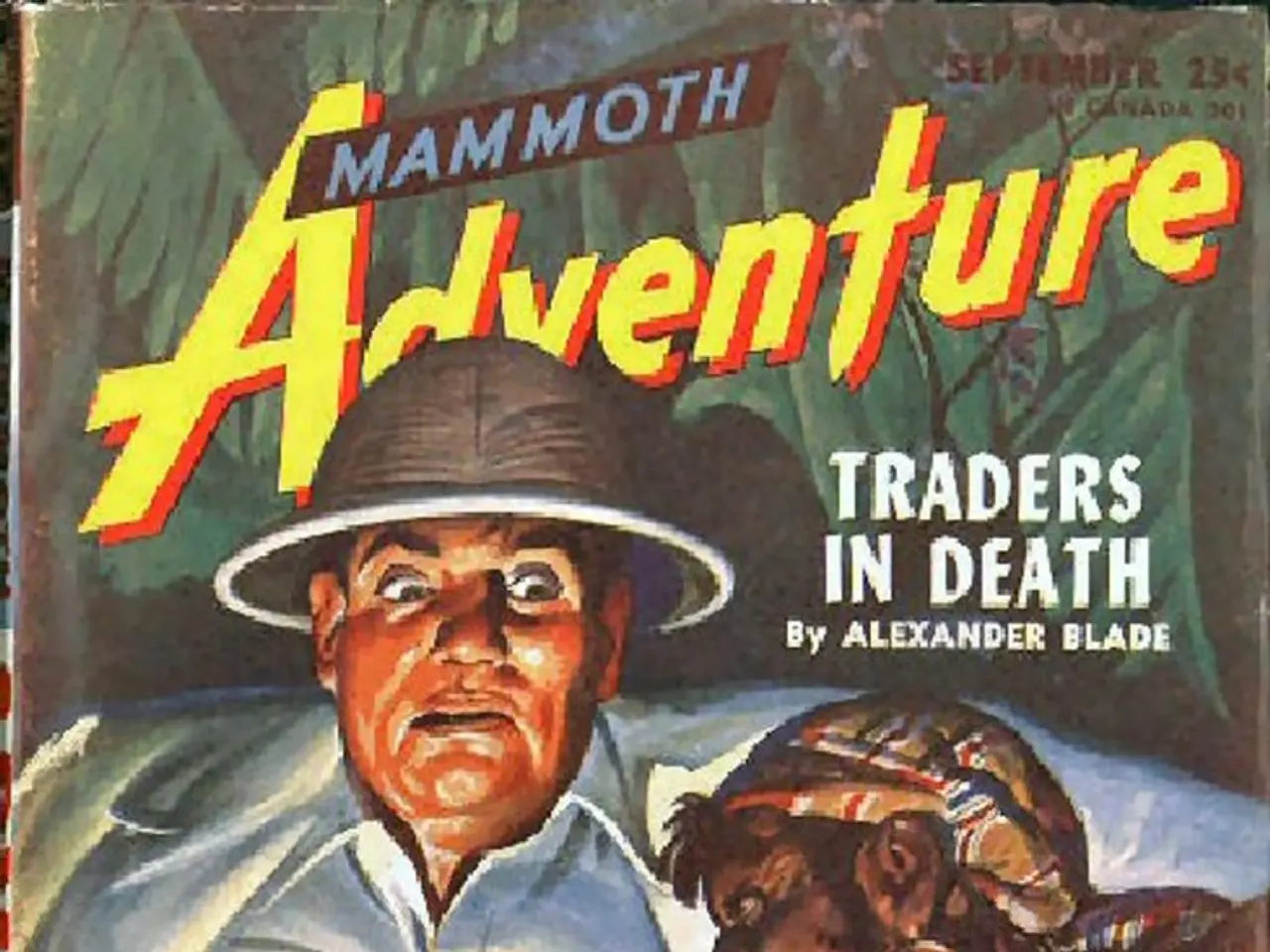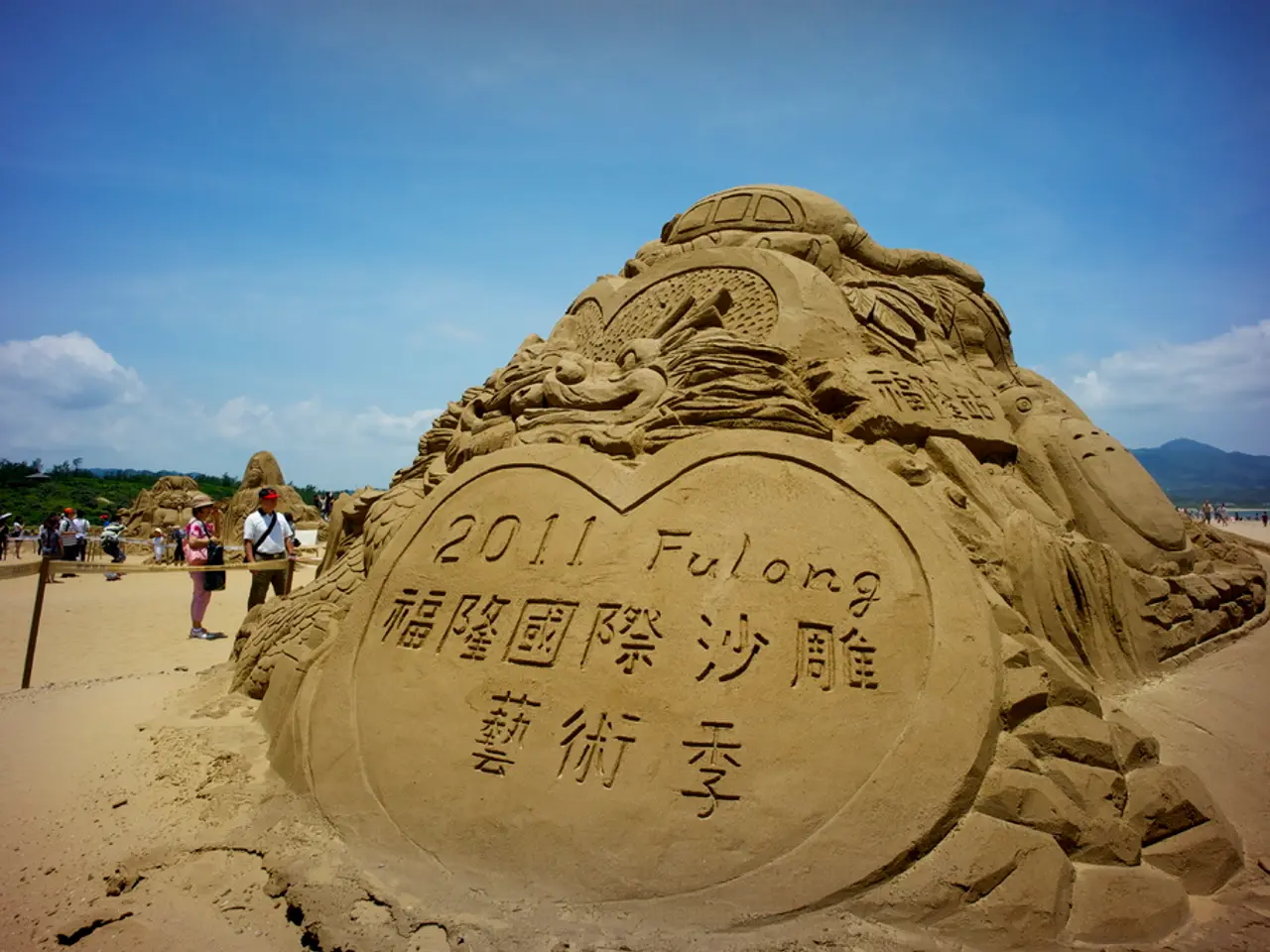Controversially esteemed Hong Kong film director, despite criticism from Bruce Lee and Jackie Chan, boasted a notable career.
In the realm of Hong Kong cinema, the work of director **Lo Wei** has been undergoing a re-evaluation, shedding new light on his significant contributions and impact on the martial arts film industry. A key figure during the late 1960s and early 1970s, Lo Wei is most famously associated with launching the kung fu film careers of the legendary **Bruce Lee** and directing early works of the martial arts maestro, **Jackie Chan**.
During his tenure at Shaw Brothers, spanning from 1964 to 1970, Lo Wei directed almost 20 films, including the classics *The Big Boss*, *Fist of Fury*, and *New Fist of Fury*. One of his most notable achievements was directing "The Golden Buddha" (1966), a film that not only marked the first Shaw Brothers movie to gross over HK$1 million but also earned the director the title of the first "million-dollar director" at the studio[2].
"The Golden Buddha" (1966) is an example of Lo Wei's successful films, which often showcased a James Bond-style flair. However, his collaborations with Lee and Chan, while fruitful, were not without controversy. Both stars reportedly criticized Lo Wei, which may have tarnished his reputation to some extent[3].
In recent years, film historian Frank Djeng has suggested that it may be time for Lo Wei's work to be re-evaluated. As interest in the history of Hong Kong cinema continues to grow, directors like Lo Wei are increasingly being acknowledged not just for their commercial successes but for their cultural contributions and mentorship within the industry[4].
Today, Lo Wei's work is celebrated not only for its financial successes but also for its impact in shaping martial arts cinema and Hong Kong's film heritage. His pioneering role in popularizing martial arts films internationally has ensured a lasting legacy, prompting cinephiles and scholars alike to revisit and reassess his filmography with greater respect.
[1] https://www.hongkongcinemablog.com/lo-wei/ [2] https://www.hkmdb.com/db/biography/view.mhtml?id=1068 [3] https://www.hkmdb.com/db/film/view.mhtml?id=12675 [4] https://www.scmp.com/culture/film-tv/article/3032140/hong-kong-film-industry-celebrates-its-outsiders-and-unsung-heroes
In the realm of Hong Kong cinema, Lo Wei's impact extended beyond martial arts films into the realms of James Bond-style entertainment and arts, as seen in his successful film, "The Golden Buddha" (1966). His influential role in the movie industry, particularly in shaping the martial arts genre and promoting international interest, has secured a lasting legacy that invites reevaluation of his broader contributions to the world of movies-and-tv and the arts.




